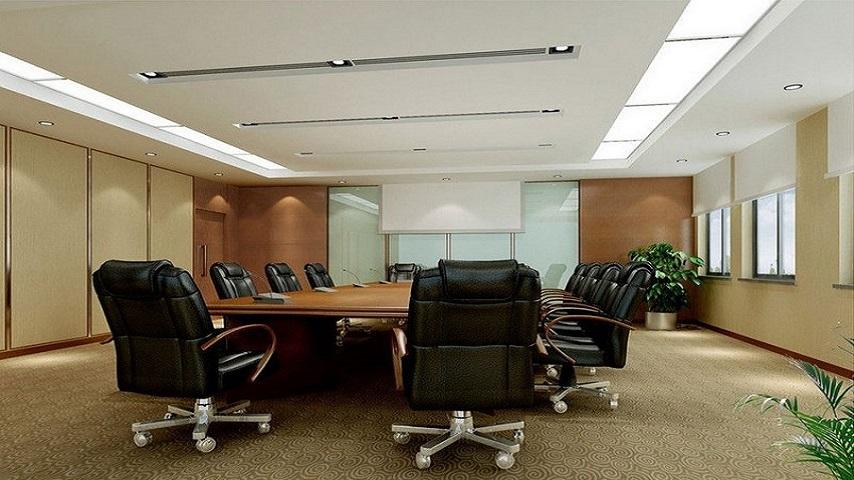Clean rooms are critical for industries where even the slightest contamination can affect product quality, safety, or compliance. Whether you're in pharmaceuticals, biotechnology, electronics, food processing, or aerospace, the performance of your clean room depends heavily on the expertise of the company that builds it. Choosing the right clean room maker is not just a matter of cost — it's a decision that directly impacts your operational efficiency, product quality, and regulatory compliance.
Here are key factors to consider when selecting a clean room maker for your industry.
Industry-Specific Experience
Clean room requirements vary significantly across industries. A clean room designed for semiconductor manufacturing will differ greatly from one used in pharmaceutical production. Look for a clean room maker with proven experience in your sector. Ask for case studies, references, and examples of similar projects they’ve handled.
Understanding of Regulatory Standards
Different industries must comply with different regulatory bodies and standards, such as ISO 14644, GMP, or FDA guidelines. An ideal clean room maker will have a deep understanding of these regulations and integrate them into their design and construction process. They should also stay updated with evolving standards and help ensure your facility remains compliant.
Customisation and Flexibility
Every facility has unique spatial and operational needs. A competent clean room manufacturer should offer customised solutions rather than one-size-fits-all packages. From modular designs to flexible wall panels, HVAC systems, and lighting solutions, your clean room should be tailored to fit your specific environment and usage.
Use of Quality Materials and Technology
The materials used in your clean room will determine its durability, cleanliness, and ease of maintenance. Choose a maker that uses high-quality, certified materials for walls, ceilings, flooring, and filters. In addition, they should incorporate energy-efficient technologies, automation options, and smart control systems that boost performance.
Project Management and Turnaround Time
Look for a company that provides end-to-end project management — from concept design and engineering to installation and validation. A well-organized clean room maker will follow clear timelines and offer regular updates, helping you plan your operations with minimal disruption.
Post-installation Support and Maintenance
A clean room is a long-term investment that needs ongoing validation, calibration, and occasional upgrades. Ensure the clean room maker offers after-sales support, maintenance contracts, and validation services to keep your facility operating at peak performance.
Reputation and Reliability
Do some background research on the company’s market reputation. Client testimonials, industry recognition, and long-standing partnerships are all signs of a reliable clean room maker. A company with a good track record is more likely to deliver quality, service, and accountability.
Cost vs. Value
While budget is always a consideration, don’t compromise on quality or compliance just to save on upfront costs. A cheaper clean room that doesn’t meet standards or breaks down frequently will cost far more in the long run. Focus on getting the best value for your investment.
Conclusion
Choosing the right clean room maker is a decision that requires careful evaluation of experience, capability, quality, and service. A good partner will not only deliver a clean room that meets your current needs but will also support your future growth and operational excellence.
Invest in a clean room maker who understands your industry — because precision begins with the right foundation.
What Role Does an Office Interior Designer Play in Creating an Inspiring Workplace?


